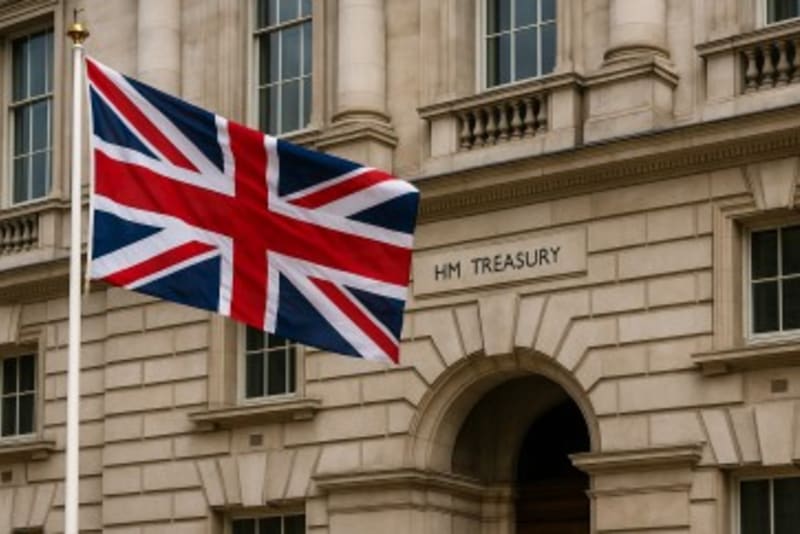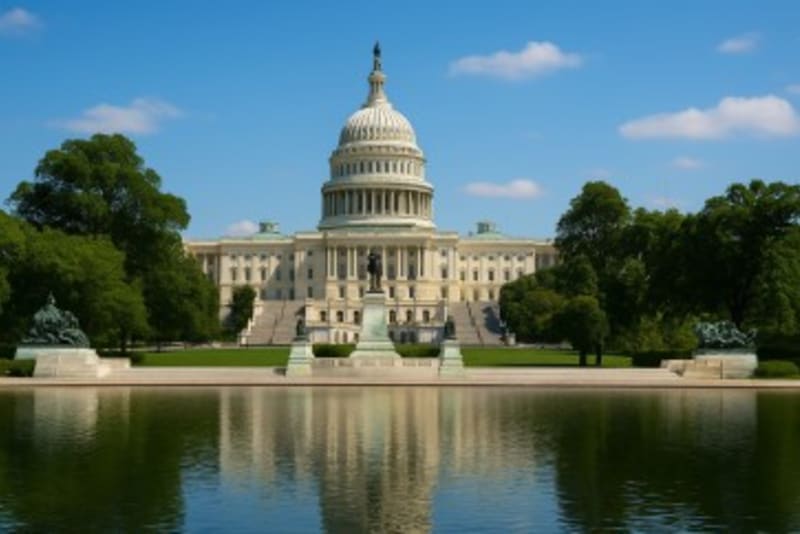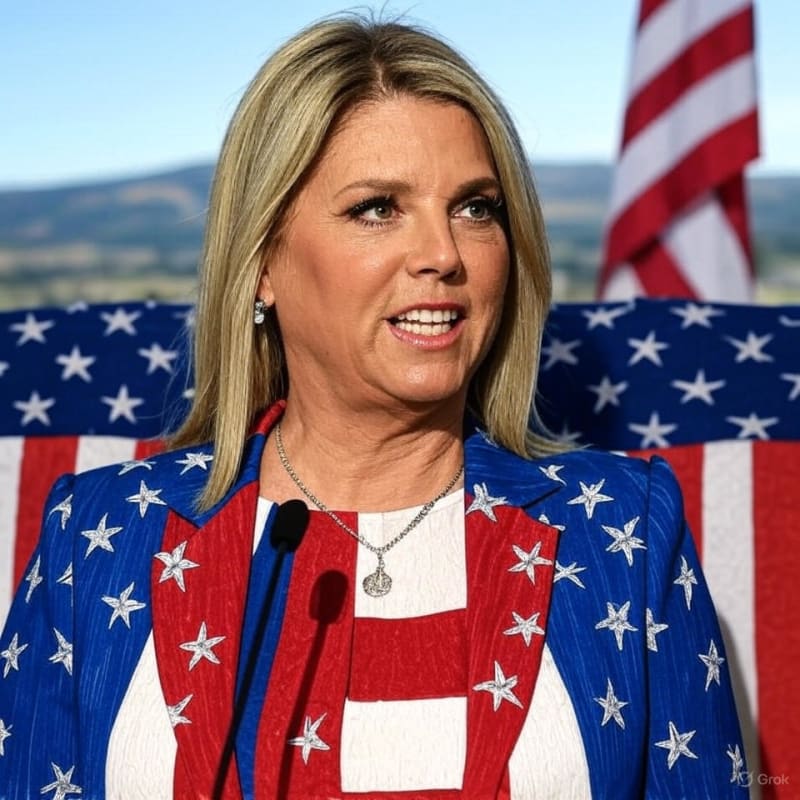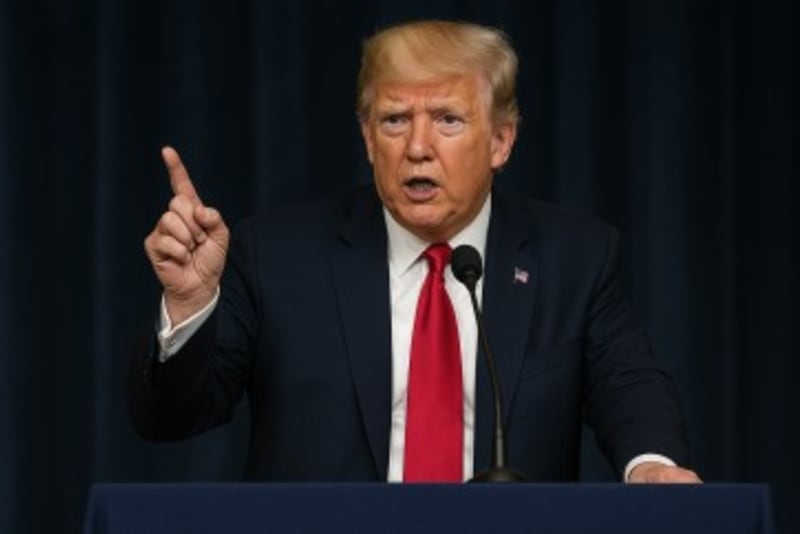London / 10 October 2025 —The UK Government today published a formal update in response to mounting public and political pressure to raise the State Pension more aggressively. The statement provides clarity on which elements of the proposed pension boost have been accepted, which remain under consideration, and which have been ruled out.
Context & Background
Over recent months, pensioner advocacy groups, some opposition MPs, and segments of the public have campaigned for a substantial uplift in the State Pension — citing inflation, higher energy costs, and the eroding purchasing power of fixed incomes. Some campaigners had called for an immediate, large-scale uplift across all recipients, including those whose pensions are currently “frozen” due to living abroad in countries without reciprocal agreements.

In prior years, the government adhered to a “triple lock” mechanism — increasing the State Pension each year by whichever is highest among inflation, average wage growth, or a 2.5% minimum. However, with public finances under pressure, questions have been raised about the sustainability and fairness of further large increases.
The Government’s Update
In today’s communication, the Department for Work and Pensions (DWP) addressed several of the key demands:
“We understand the concerns of pensioners facing rising costs, and we remain committed to ensuring the State Pension preserves its real value,” the DWP statement reads.
The government confirmed that a partial uplift consistent with the existing triple lock framework will be applied in the next adjustment period — but it rejected proposals for a more sweeping, across-the-board “windfall” increase for all recipients.
One of the more controversial proposed changes was extending increases to 453,000 UK retirees whose pensions are currently “frozen” because they live in countries without UK reciprocal agreements. The government indicated that while it is sympathetic to the plight of those pensioners, it has decided not to proceed with altering the rules for frozen pensions at this time.
The DWP also emphasised the distinction between the State Pension and the National Living Wage, noting that direct comparisons are inappropriate:
“The State Pension and National Living Wage serve distinct purposes and cannot be treated as directly interchangeable,” the statement remarks.
Furthermore, some campaigners had petitioned to lower State Pension age or to grant unusually large increases. The government reiterated that no change to the pension age will be made outside its scheduled statutory reviews, and that extraordinary increases beyond triple lock thresholds will not be implemented without substantial supporting evidence.
Reactions & Responses
Representatives from pensioner organisations expressed mixed reactions.
Mrs. Joan Fletcher, chair of a national pensioners’ advocacy group, remarked:
“We welcome the confirmation that the State Pension will rise under the triple lock, but many of our members were hoping for something more bold — especially those literally losing out due to frozen pensions overseas.”
Opposition MPs challenged the government’s cooling on frozen pension increases. Labour MP Andrew Clarke commented:
“It’s a disappointment that those living abroad will remain disadvantaged. If the government truly values fairness, it should revisit those rules as soon as possible.”
Economists, meanwhile, interpreted the update as a balancing act by a government under fiscal constraints. Some warned that pushing through a larger boost could strain public finances, while others argue the political cost of ignoring older voters may be greater.
What’s Next
In the weeks ahead, the formal draft legislation for the upcoming pension adjustment will be published. Stakeholders expect debates in both houses of Parliament, particularly on whether to revisit the frozen pension issue in future budgets.
Simultaneously, campaigners are likely to redouble efforts to secure a separate parliamentary review or amendment for frozen pensions and to revisit the State Pension age in light of demographic and longevity trends. The government has statutory obligations to review retirement ages and demographic pressures periodically — so pressure may mount on that front.








Comments
No comments yet. Be the first to comment!